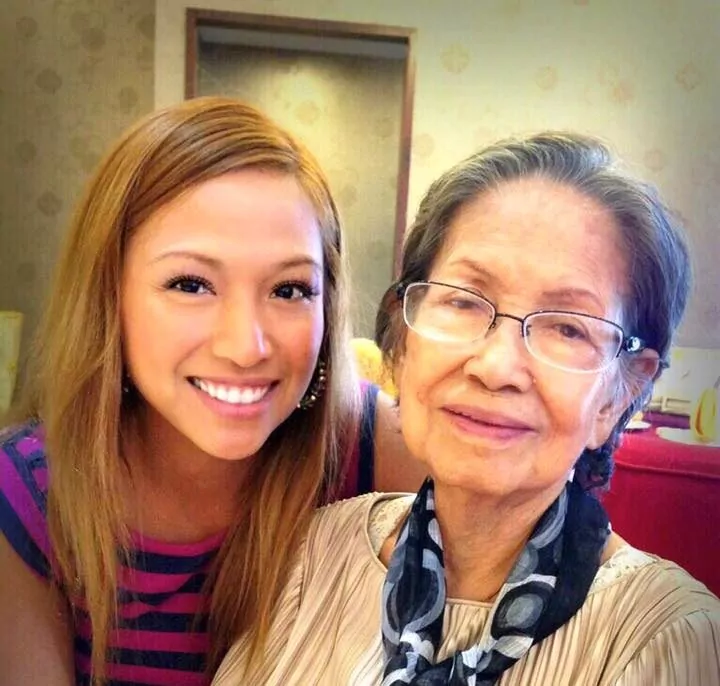 Moving an aging parent into your home may occur out of love or out of need. You may have pledged to never move them into an assisted living facility, promised your father that you would always care for your mother or simply because you’re not in a financial situation that allows for other care options.
Moving an aging parent into your home may occur out of love or out of need. You may have pledged to never move them into an assisted living facility, promised your father that you would always care for your mother or simply because you’re not in a financial situation that allows for other care options.
In This Caregiving Article:
What To Expect When Aging Parent Moves In
Establishing Boundaries Early On
Communication and Clear Expectations
What To Expect When Aging Parent Moves In
If your senior parent moves in with you while still independent and in good health, the transition may be easier in some ways since you will not immediately be taking on a caregiving role. However, there might still be some challenges involved due to this lifestyle change – the loss of privacy and independence.
On the other hand, if your aging parent who moves in with you has a medical condition, it may be challenging. Not only will you be adjusting to living together, but you will also have to adjust to your new role as a caregiver. This significant change to your new lifestyle and daily routine can cause additional stress and the potential for more disagreements between you, your partner, your parent and other family members.
What seemed like a workable solution and a good idea initially can quickly become an uncomfortable situation if boundaries are crossed or the level of care needs suddenly increases. But don’t worry there are ways to avoid this type of issues. You can live together in harmony if you establish boundaries and good communication early on. Be sure that expectations on both sides are clear.
Establishing Boundaries Early On
Setting up boundaries early on can save you from dealing with resentment and uncomfortable situations in the future. Keep in mind that your aging parent is used to being in charge and living independently. So it might be a challenge for them to leave behind their long-time home, move into your house, adjust to your rules and get used to your family routine.
Your parent is used to a certain level of privacy – as are you, your partner and your children. Providing each family member with their own space where they can retreat, and making sure other family members know that this is a private space, is an important part of establishing a living situation that will work for everyone.
It is also important to establish just how involved each of you will be in the business of other family members and who gets the final say when various types of decisions need to be made.
Communication and Clear Expectations
Healthy communication does not always come naturally, but it is necessary when aging parents move in with adult children and their families. Have a conversation with your parent and make sure you both agree to immediately talk to each other whenever issues arise. No one can anticipate exactly what it is like and how simple or difficult it is to be living together so there is no way to prepare for every possible situation or problem that may come up.
You can, however, make your expectations clear to avoid potential misunderstandings. You may envision your parent as a live-in babysitter who will help with household tasks, while your parent may be expecting you to spend more time at home to care for him or her. Rather than allow these ideas to transform into a problem later on, make sure you and your senior parent clearly understand what the other one is expecting once he or she moves in with you.
Being able to care for your aging parent in your home is a blessing that can allow your family to remain close, pass down family knowledge and carry on traditions. Establishing communication, clear expectations and boundaries to help ensure that it will remain a positive experience for all will be key.
Copyright © 2018 SeniorCareHomes.com. All Rights Reserved.
Other Articles Related To Caregiving:
- Should You Move Aging Parents Into Your Home
- Caring For The Caregiver
- Coping with Caregiving Stress
- Caregiving Tips When Caring For Someone with Alzheimer’s
- How To Get Paid As A Family Caregiver
Catharine “Kate” is a Certified Administrator for Residential Care Facilities for the Elderly (RCFE) and an Expert Senior Care Advisor. Kate’s grandmother battled Alzheimer’s Disease and Kate personally understands what millions of families are going through. Kate and her team are very passionate in empowering Seniors and their families by providing them with the Best Available Senior Care Options based on Senior’s care needs, preferred location and family’s budget.


